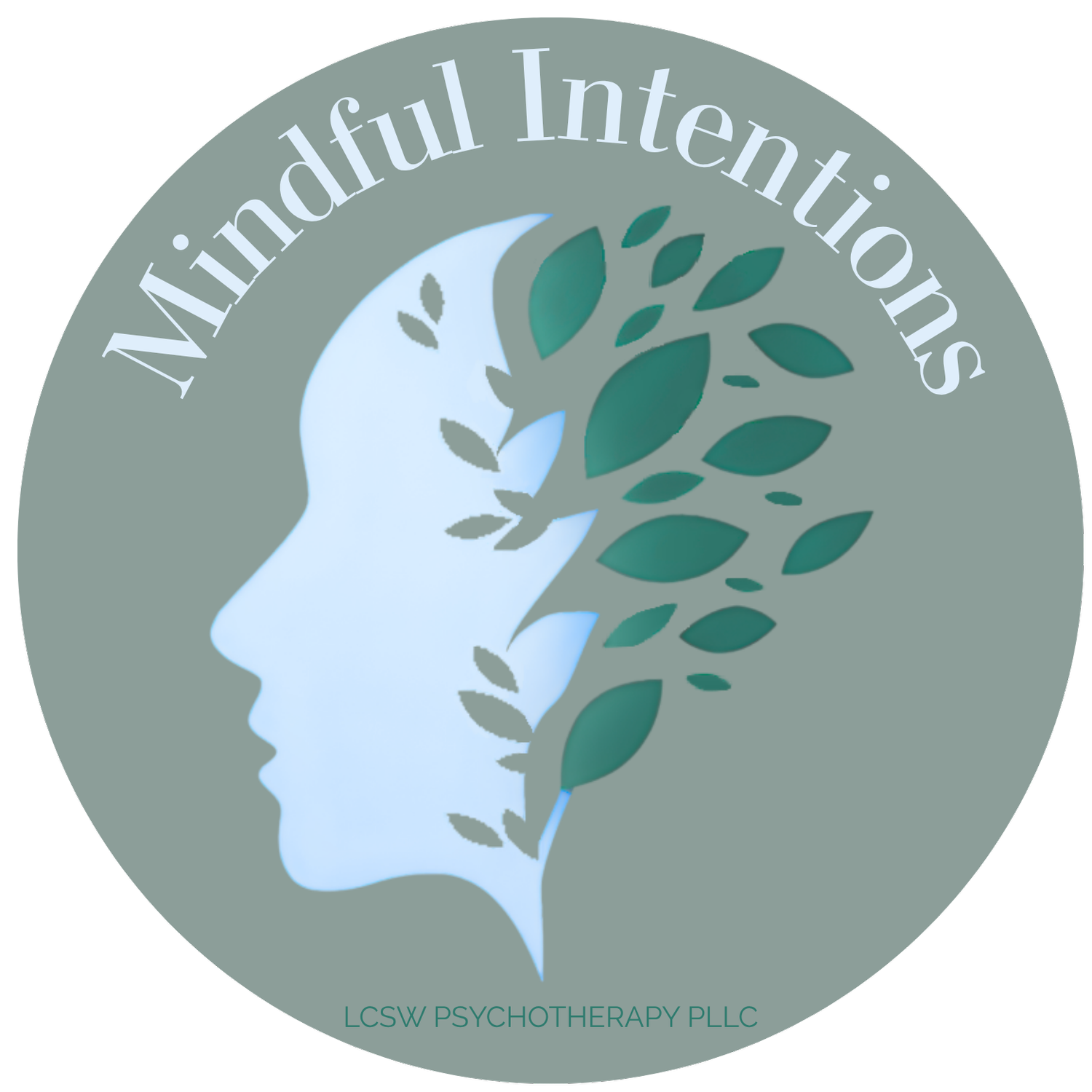Cognitive Behavioral Therapy (CBT)
Cognitive Behavioral Therapy (CBT) is a structured, evidence-based approach that helps individuals understand how their thoughts, feelings, and behaviors are interconnected. The core idea is that how we think affects how we feel and act, and by identifying and changing unhelpful patterns, we can improve our emotional well-being and day-to-day functioning.
In therapy, we begin by identifying the specific problems or concerns that are most impacting your life—such as anxiety, depression, low self-esteem, or stress. Together, we explore how these issues show up in your thoughts and behaviors. A key part of CBT involves recognizing automatic negative thoughts, such as “I’m not good enough” or “Something bad will happen,” and learning to evaluate their accuracy. Rather than replacing them with overly positive thinking, we work to develop more balanced, realistic perspectives that support emotional resilience.
CBT also focuses heavily on behavior. We look at what you may be avoiding or doing that reinforces negative patterns—like procrastination, isolation, or reassurance-seeking—and introduce gradual, manageable steps to change those behaviors. Over time, these small shifts in behavior can have a big impact on mood and confidence.
A major part of the process is learning and practicing new skills. CBT is practical and hands-on, so you may receive worksheets, journaling prompts, or small assignments between sessions to reinforce what you’re learning. Skills might include managing worry, improving sleep, setting boundaries, or navigating difficult conversations. Therapy is collaborative, meaning we’ll check in regularly to track what’s working and adjust the approach to fit your evolving needs and goals.
Ultimately, CBT empowers you with tools that you can use well beyond therapy. It helps you become more aware of your patterns, take control of your responses, and build confidence in facing life’s challenges with clarity and intention.
